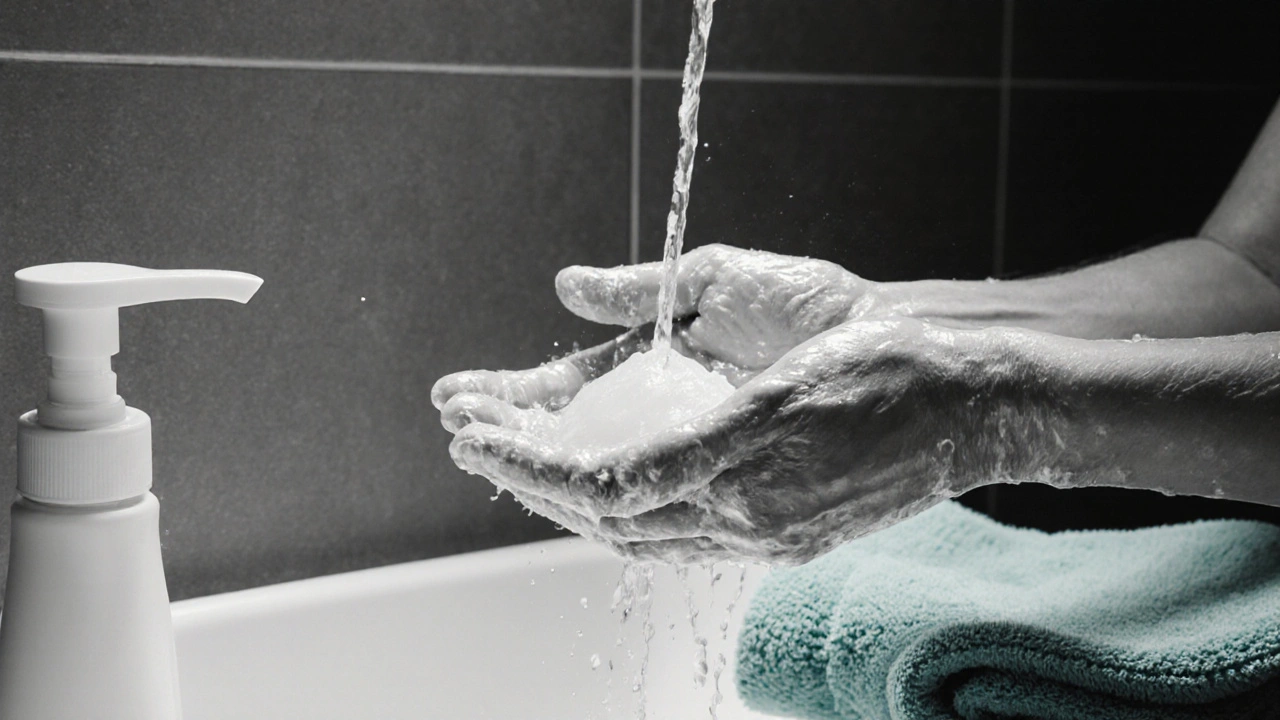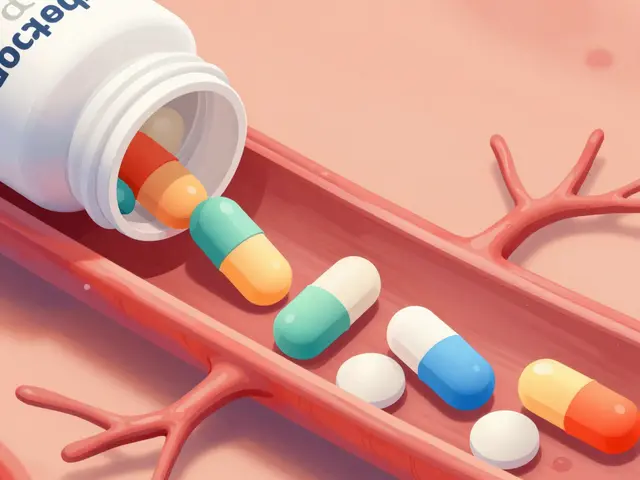Odor Control: How to Manage Unwanted Smells with Medications and Everyday Solutions
When we talk about odor control, the practice of reducing or eliminating unwanted body or environmental smells. Also known as body odor management, it’s not just about perfume or deodorant—it’s often tied to how your body processes food, medications, and even infections. Many people don’t realize that strong body odor isn’t always from poor hygiene. Sometimes, it’s a side effect of a medication, a metabolic issue, or an underlying infection like bacterial overgrowth.
For example, bacterial infections, an overgrowth of bacteria on the skin or in the gut. Also known as skin flora imbalance, it can turn sweat into something foul-smelling. That’s why treatments for conditions like ulcers, skin rashes, or even chronic gut issues often include odor control as a side benefit. Some antibiotics, like tetracycline or minocycline, change your skin’s microbiome—and that can change how you smell. Even antifungal or antiperspirant treatments can play a role in reducing odor by targeting the microbes that cause it.
hygiene, daily practices that prevent the buildup of odor-causing bacteria. Also known as personal cleanliness routines, it is the first line of defense. But it’s not just about showering. It’s about what you wear, how often you change clothes, whether you use antibacterial soaps, and even what you eat. Certain foods—garlic, spicy dishes, alcohol—can make your sweat smell stronger. Medications like finasteride or risperidone can also alter your body’s chemistry in ways that affect odor, even if that’s not their main purpose.
Odor control isn’t just for people with medical conditions. It’s a daily health habit that intersects with dermatology, pharmacology, and nutrition. If you’ve noticed a sudden change in your body smell, it could be a sign of something bigger—like a thyroid issue, liver stress, or an undiagnosed infection. And if you’re on long-term meds, you might be surprised how often odor is an overlooked side effect.
What you’ll find in this collection isn’t just a list of deodorants or home remedies. These are real, practical guides that connect odor control to the medications you take, the infections you might not know you have, and the simple daily choices that make a difference. Whether you’re dealing with stubborn body odor after starting a new drug, trying to manage smell during gout flares, or just want to understand why your skin smells different now, these posts give you the facts—not the fluff.
Learn practical incontinence hygiene tips, from product choices and daily skin-care routines to travel hacks and medical red flags, to stay clean and fresh.



